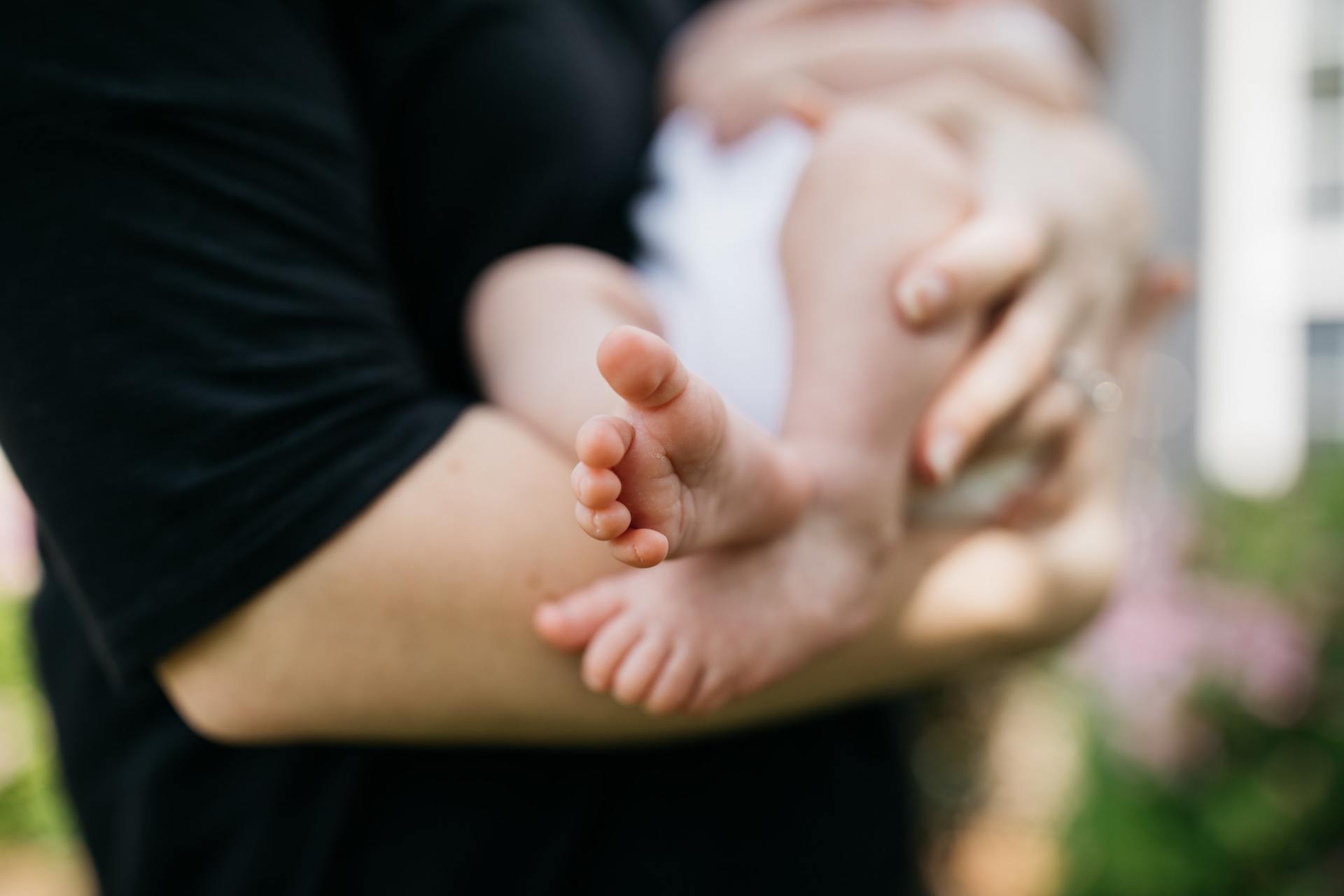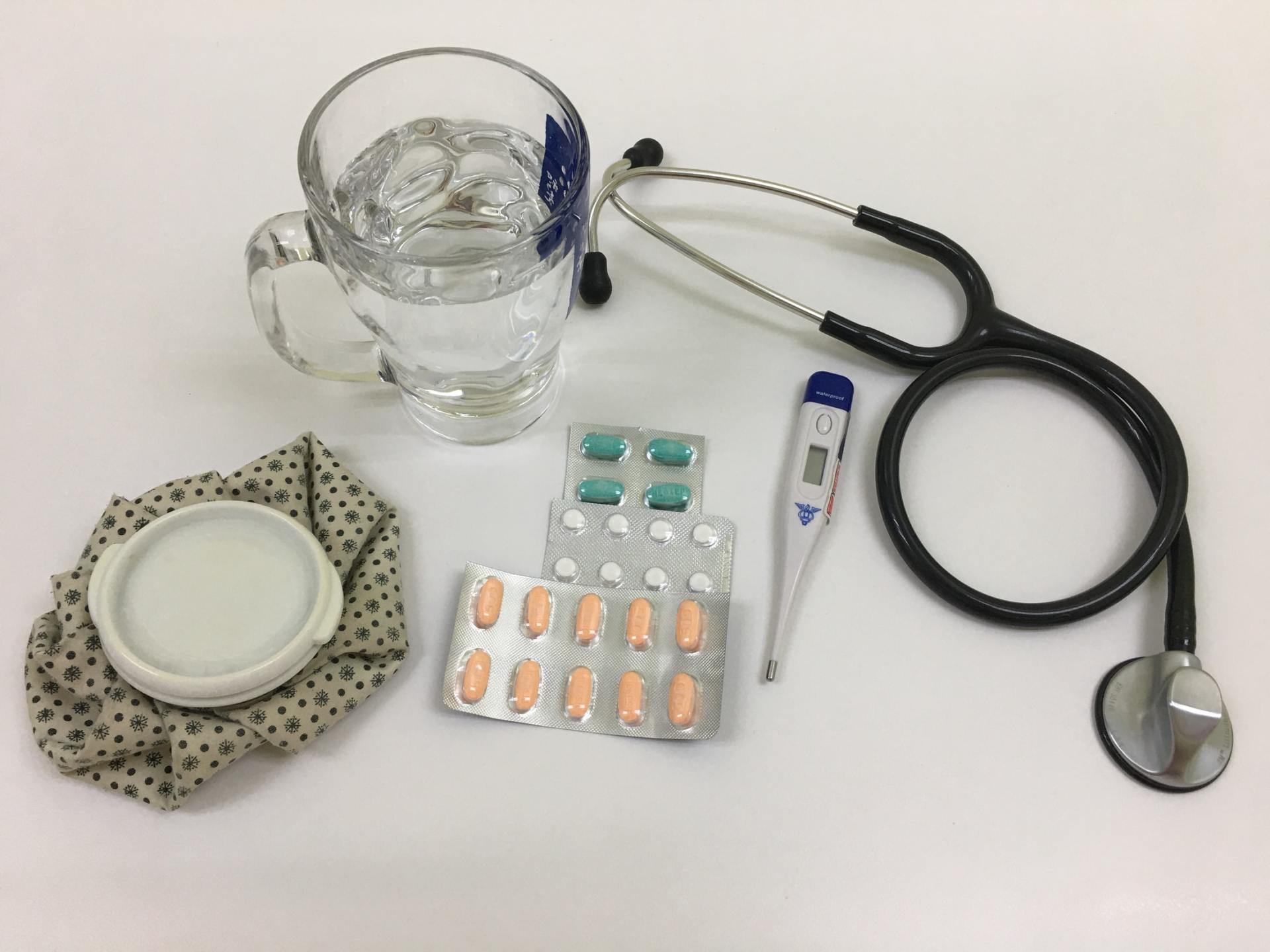You're pregnant! Congratulations!
Suddenly you're faced with loads of rules on what you can and can't do. From foods to avoid to vitamins to take, it's easy to get totally overwhelmed.
When I first found out I was pregnant I suddenly began to question everything - Am I doing this right? Should I even be doing that? What is normal to feel? HOW IS IT POSSIBLE TO FEEL SO RUBBISH?!
The list goes on and on...
Some women will breeze through pregnancy and others won't. We're all built differently and just because you're struggling doesn't mean you're doing anything wrong but it's really important to be kind to yourself.
For the first 11 weeks I suffered with horrific "morning" sickness -whoever coined it that needs to seriously reconsider the name! I also had really bad back pain down the left side of my body coupled with what felt like horrendous period pains. Needless to say, the last thing that I wanted to do was exercise!
However, with movement being the main part of my job I had to continue to teach so I made sure to pay attention to anything that really didn't help my symptoms and amended or avoided them. It can be pretty frustrating if you consider yourself quite an active person but in the long run, you'll thank yourself for giving yourself a break!
It's also key to really think about what your exercise routine looked like before you were pregnant. If you are a seasoned runner you don't have to hang up your trainers the minute you find out you're expecting. Whilst pregnancy may not be the time to take up HIIT training if you've never done it before, it doesn't mean you have to stop doing the things you already do and love.
If you haven't had a regular exercise routine for a while then start small with a 30 minute daily walk, swimming or look for low impact prenatal classes such as Pilates.
To help you give you a clear idea of what you should and shouldn't be doing when it comes to exercising whilst pregnant I've come up with a handy list of prenatal do's and don'ts.
Listen to your body
Don't overstretch
During pregnancy your body is flooded with a hormone called Relaxin which is key for aiding implantation, placenta growth as well as stopping contractions as the baby grows to prevent early delivery. Later on in pregnancy relaxin also helps the ligaments in the pelvis to stretch ready for labour.
A side effect of all this much needed Relaxin is that other muscles will also start to be effected so you may find that your flexibility is increased.
"Great!" I hear you cry... "Maybe I can realise my childhood dream of doing the splits!"
Actually, it's really important not to overstretch and encourage this as you could start to develop instability in joints and areas of the body.
Your hips, for example are a key area of the body that needs strengthening to remain stable and supportive throughout pregnancy so movements like Clam Shells are going to be key for you to support your changing body.
Support your balance
Over the course of your pregnancy your center of gravity will change as your bump grows, so it's important to keep that in mind whenever you're exercising. When you do any standing work it's handy to have a chair close by to support you just in case you find you're suddenly more wobbly than you used to be!
If you don't have a chair you can use then the kitchen counter or even a wall will suffice!
Needless to say, as your balance is challenged it's also a good idea to avoid contact sports or any exercise that has a high risk of falling or someone else falling into you.
Limit your ab work
During the first trimester (1-12 weeks) start to limit the amount of "sit up" abdominal exercises needs to be reduced. After week 12 and into your second and third trimester it's important to avoid any "sit up" or "crunching" movements as the linea alba (a fibrous structure that runs down the middle of your abdomen) naturally separates and shouldn't be put under any added pressure as this can cause diastasis recti.
Instead, focus on the lifting of the belly & pelvic floor (like you're hugging your baby from underneath).
Get off your back
After 16 weeks avoid lying on your back for a long time as not only will it most likely feel uncomfortable it can also cause bloodflow issues to your baby.
Instead, play it safe and prop yourself up on your elbows or use pillows to adjust any supine work you do.
Avoid having both legs in the air
This can put too much pressure on your back and core. Movements like double leg stretch and the hundred will need to be adjusted so that you only have one leg in the air at a time. If you're unsure of adjustments at any point then you can always ask your teacher who should be able to give you suitable alternatives throughout your pregnancy.
Kneel instead of lying on your front
If you found out you were pregnant later on in your first trimester don't worry if you've still been doing movements lying on your front but it's good to start to avoid them as soon as you know you're pregnant.
Movements like swimming can still be done by kneeling slightly at an angle so use this as an alternative where appropriate.
Plank no more
It all comes back to abdominal pressure, from your second trimester full planks (including elbow planks) can put too much pressure on your back and abs. Instead, opt for a hover plank which will help to support both your back and abs but still gives you a whole body challenge.
Stay hydrated
Whenever you're exercising it's important to keep your body hydrated, so take breaks when you need to and if you feel lightheaded or dizzy -stop. In general you should always be keeping yourself hydrated when pregnant as your body needs water to form amniotic fluid, produce extra blood volume, build new tissue, carry nutrients, help indigestion and flush out your wastes and toxins (as well as the baby's).
Don't avoid cardio
The NHS encourages pregnant women to do 30 minutes of exercise every day, the level of which should enable you to continue to hold a conversation and not feel lightheaded.
If you already run then you can continue to do so but make sure you let your midwife or GP know just to be on the safe side.
If you aren't a runner then you choose things like walking, cycling or swimming. If dance or aerobics is more your thing then make sure that your instructor is experienced with teaching prenatal women and can advise you of any adaptations you may need to make.
Be kind
Give yourself a break! Some days you may feel totally exhausted, others you're raring to go. No matter what, don't stress yourself out by putting too much pressure on yourself to live out some idealistic view of what a pregnant woman should be or do.
Now is the time to figure out what is going to support your physical health and mental wellbeing so unfollow those social media accounts that make you feel like crap and unsubscribe to the demanding fitness trainer that doesn't suit your needs.
Get on the mat
Pilates is a great way to keep your body moving throughout pregnancy in a safe, effective way. Not only can every movement be adjusted to suit any body in any state (pregnant or otherwise!), it is also a great way to encourage strength and tick off your cardio for the day.
If you are looking to do prenatal Pilates then why not get in touch?! There's a range of options available to you from videos to 1:1 training.





